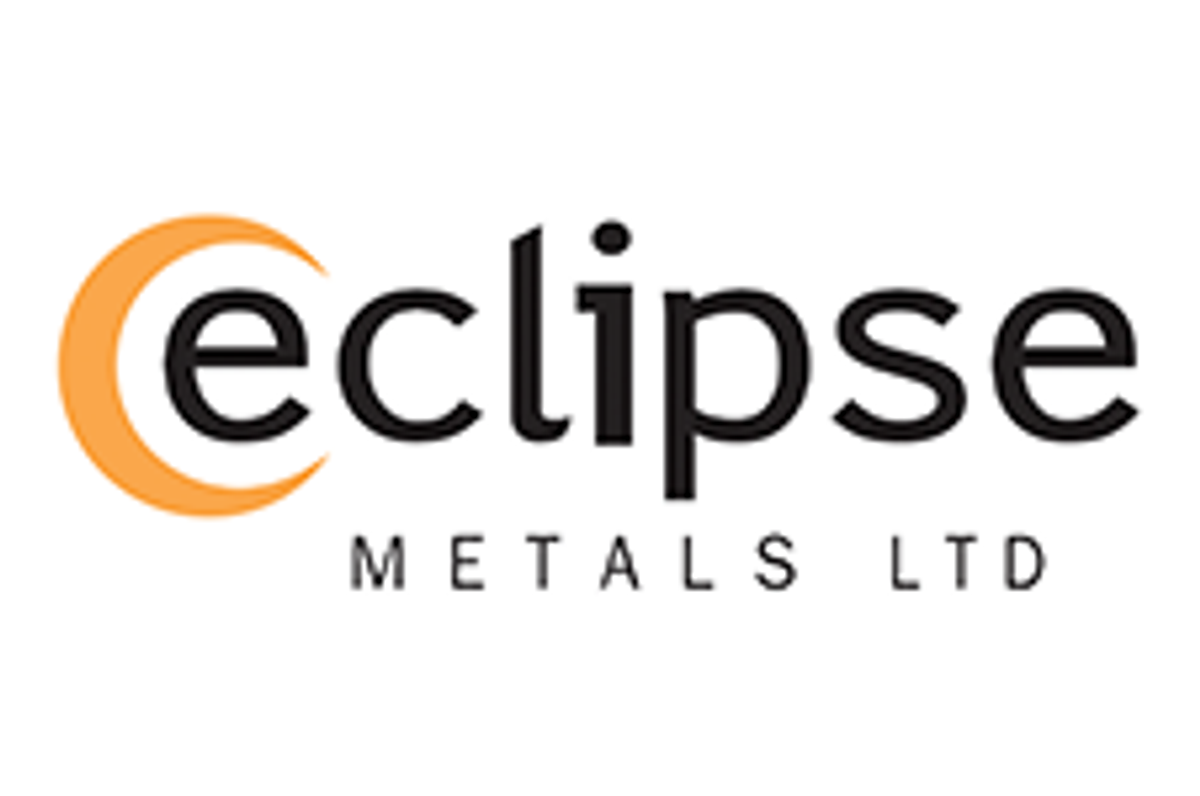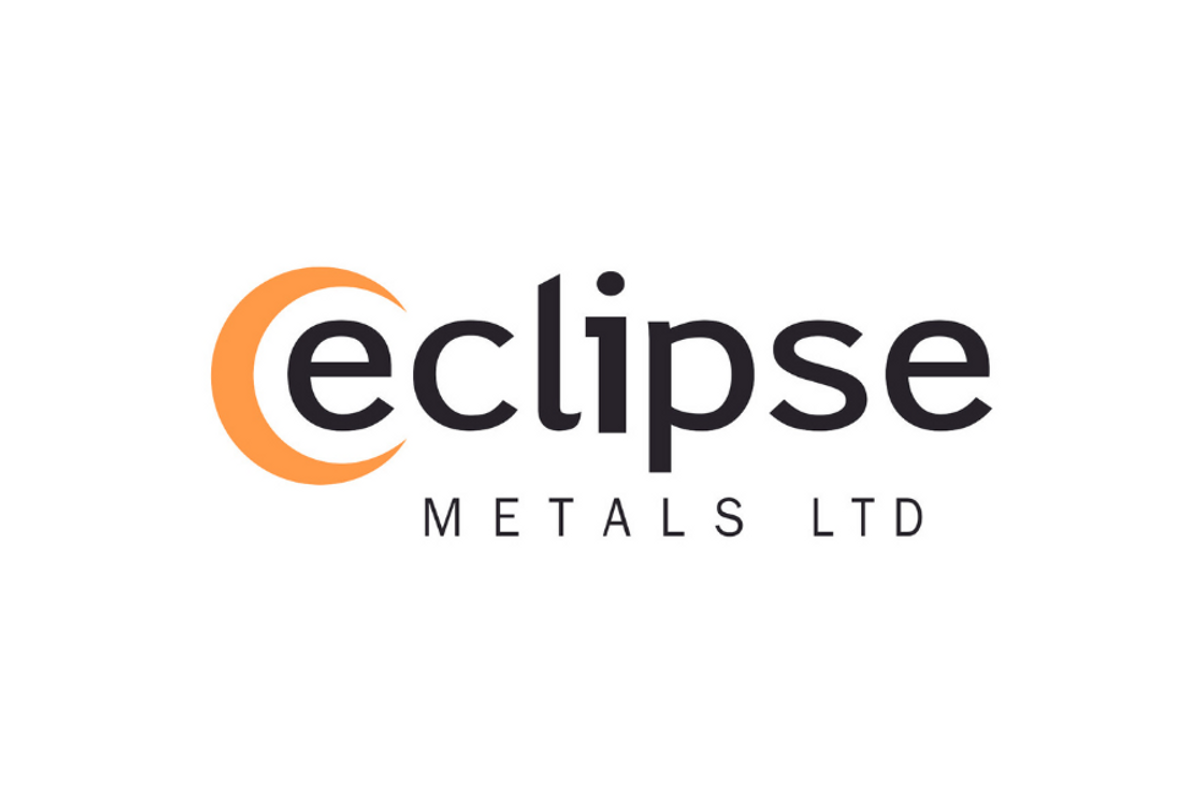
April 05, 2023
Eclipse Metals Ltd (Eclipse or the Company) (ASX: EPM | FSE: 9EU) is pleased to announce it has completed scoping phase reports of Social and Environmental Impact Assessments for its Ivigtût project in southwestern Greenland, with the assistance of Danish consultancy, COWI.
Highlights
- Eclipse completes scoping phase of Environmental and Social Impact Assessments for its Ivigtût project in southwestern Greenland
- Scoping reports have been submitted to Greenland’s Mineral Licence and Safety Authority (MLSA) to progress the Ivigtût project
- Completion of both assessments are integral to applying to the MLSA for a Mining Licence
- Collaboration with University of Delaware regional development study is expected to assist with Eclipse’s Social Impact Assessment
Eclipse has submitted the reports to Greenland’s Mineral Licence and Safety Authority (MLSA) to progress the Ivigtût project.
The scoping phase of the Environmental and Social Impact Assessments aims to identify potential environmental, social, and socioeconomic issues related to the project. This study is essential to the pre-consultation and early involvement of the various stakeholders in the Greenland project.
Data for each of the studies will be collected through published literary reviews, sampling and fieldwork, surveying, local knowledge, data entry, analysis and reporting. Results and findings of these studies will be used to form part of the final assessments, which are required as part of the application to the MLSA for a mining licence in Greenland.
Eclipse Metals Executive Chairman Carl Popal said the Company was thrilled to have completed this stage of the process and excited to be one step closer to applying for a mining licence for the Ivigtût and Gronnedal prospects.
“Moving forward with the SIA and EIA submission means that Eclipse has entered a new chapter in the licencing timeline for Ivigtût with a goal of becoming a producer of polymetallic, REE, and industrial minerals in a tier one jurisdiction. Despite global financial uncertainty, Eclipse is well positioned to take advantage of building on the highly demanded critical metals, REE and industrial mineral opportunities within Greenland.
“There is a level of overlap between the University of Delaware’s economic regional redevelopment study and aspects of our Social Impact Assessment, and we are enthusiastic that academic collaboration with the University of Delaware will be of assistance throughout these studies, going forward.”
The Environmental Impact Assessment (EIA) will focus on pollution, impacts to flora and fauna, local use, and determining the chemical composition and acid generating potential of ore, waste rock, tailings, and other products, including process chemicals. Ecological toxicity tests will also be carried out as part of the environmental scoping study.
The Social Impact Assessment (SIA) will run in parallel with the EIA and will present and analyze information about the social, economic, and health conditions in Greenland. It will construct a baseline of socio-economic data, including monitoring changes in communities that may be affected by the project components. As part of the study, the Company will interact with affected residents and communities during data collection to exchange information on project activities and allow stakeholders to provide feedback about relevant issues to include in the baseline.
Click here for the full ASX Release
This article includes content from Eclipse Metals, licensed for the purpose of publishing on Investing News Australia. This article does not constitute financial product advice. It is your responsibility to perform proper due diligence before acting upon any information provided here. Please refer to our full disclaimer here.
EPM:AU
The Conversation (0)
25 March 2024
Eclipse Metals
Pursuing Multi-commodity Assets to Support Decarbonization
Pursuing Multi-commodity Assets to Support Decarbonization Keep Reading...
Latest News
Interactive Chart
Latest Press Releases
Equity Metals Exhibiting at the 2026 PDAC
06 February
Related News
TOP STOCKS
American Battery4.030.24
Aion Therapeutic0.10-0.01
Cybin Corp2.140.00
